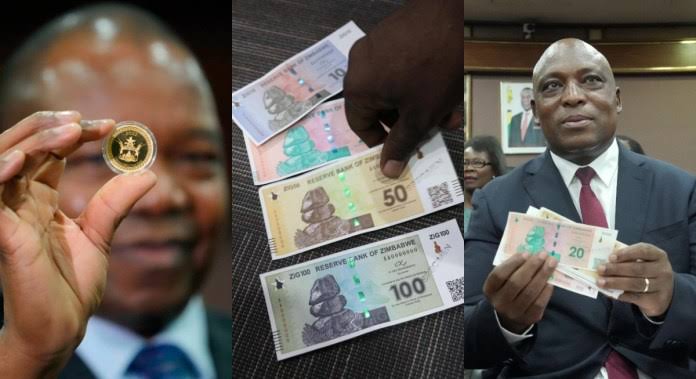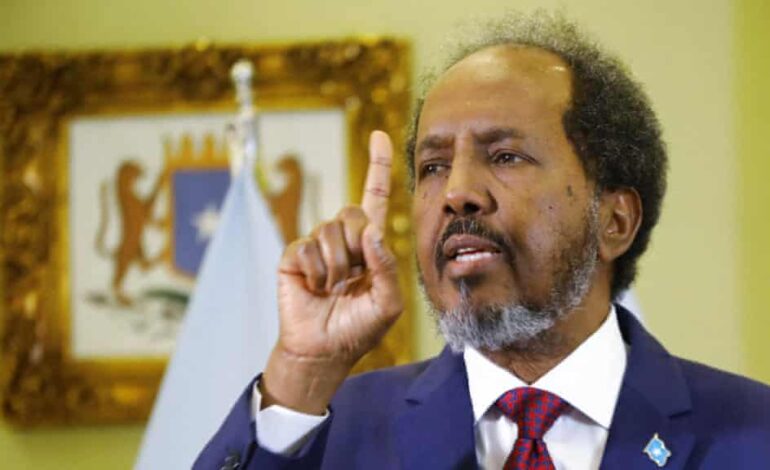
Faith Nyasuguta
Zimbabwe has introduced a new currency, ZiG, in a bid to tackle its ongoing currency crisis amid economic challenges. The Reserve Bank of Zimbabwe announced that ZiG would be backed by gold reserves and a mix of foreign currencies, with implementation set to commence immediately.
The decision comes as the Zimbabwean dollar experiences severe devaluation, ranking among the world’s weakest currencies. Since January, its official value has plummeted by over 70%, with further depreciation evident in the thriving black market.
Inflation rates surged from 26.5% in December to 55.3% in March, underscoring the severity of the economic challenges. Traders increasingly rejected lower denominations of the old currency, preferring transactions in U.S. dollars.
John Mushayavanhu, the governor of the Reserve Bank of Zimbabwe, stressed the urgency of preserving the local currency. He noted that the majority of transactions were already being conducted in U.S. dollars, necessitating intervention to prevent the demise of the domestic currency. The public has a three-week window to exchange old notes for ZiG.
This move represents the latest attempt to stabilize Zimbabwe’s currency since the dramatic collapse of the Zimbabwean dollar in 2009. Amidst hyperinflation, the government issued a 100 trillion Zimbabwe dollar banknote before temporarily adopting dollarization. In 2016, the country reintroduced a domestic currency, triggering another cycle of volatility.

Policy shifts included the banning of foreign currencies for domestic transactions in 2019, a decision later reversed due to widespread non-compliance and the flourishing black market. The oscillation between domestic and foreign currencies exacerbated economic instability, highlighting the challenges facing Zimbabwe’s monetary policy.
The introduction of ZiG underscores a concerted effort to restore confidence in the local currency. Backed by tangible assets like gold reserves and a diverse currency basket, authorities aim to mitigate the currency crisis and address long-standing economic woes.
However, the success of this endeavor hinges on effective implementation and broader economic reforms to address structural issues. Zimbabwe’s history of currency volatility highlights the complexity of the task at hand and the need for sustained efforts to achieve stability and economic prosperity.
RELATED:




